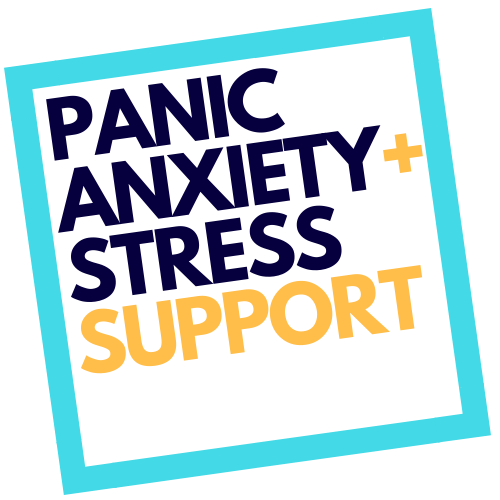Urgency of Mental Health
In a society focussed on giving our children ample opportunity, what if they are not prepared to take it? In order to accommodate for mental health issues such as anxiety, numerous Canadians make decisions that deny them experiences for success. Many people find that the unique stresses and anxieties that they experienced during their school years fade away as they enter adulthood and establish themselves. But many others find that the stresses and anxieties do not go away, or that they worsen over time and interfere with their life goals.
The World Health Organization (WHO) advocates that the approach to mental health treatment should be similar to physical health treatment. Early response is critical, as mental health issues are becoming leading health burdens in the first world. Talking about mental illness can be painful at times and we try to downplay the severity to avoid discomfort of vulnerability or being stigmatized with stereotypes or even discrimination. However, if we as a society do not normalize mental health discussion, it can contribute to further stigma. While I was completing my Health Studies degree from the University of Waterloo, I suffered from generalized anxiety disorder but failed to recognize symptoms due to heavy self stigma. It took me two years of silent suffering before seeking help.
The PASS kit.
In my last years of undergrad, I founded a company called PASS (Panic, Anxiety, & Stress Support). Drawing from my university experiences, I wanted to head an initiative to encourage individuals to notice their stress symptoms and actively address them to prevent illness and decrease stigma.
PASS developed a Mental Health First Aid kit, which we called the PASS kit. The traditional First Aid kit can be found in homes, workplaces, and healthcare centres everywhere. They address the urgency of treating trauma to reduce the chance of infection and further illness or injury. The PASS kit was designed to aid in situations where the injury is emotional or psychological rather than physical. Our goal is that the PASS kit would help people to prevent smaller symptoms from becoming very distressing and debilitating. It would also help people to discuss mental health in their communities.
Each kit has: earplugs and a sleeping mask to reduce environmental stressors of noise and light, a stress toy and chewing gum to exercise muscles to reduce tension, and flashcards providing stress management tips in times of need.
The flashcards in the PASS kit.
It is our responsibility as a community to acknowledge the seriousness of panic, anxiety, and stress. Treating these concerns with urgency will facilitate recovery, promote equal opportunity for people who deal with these concerns on a chronic basis, and foster success. I hope that one day, discussing and accessing mental health treatment would be no more difficult than addressing a common cold.
The PASS kit and associated products have reached the hands of over 4000 people in communities all across North America. Find us at www.mypasskit.com
Article also available at the CCPA-ACCP blog.



